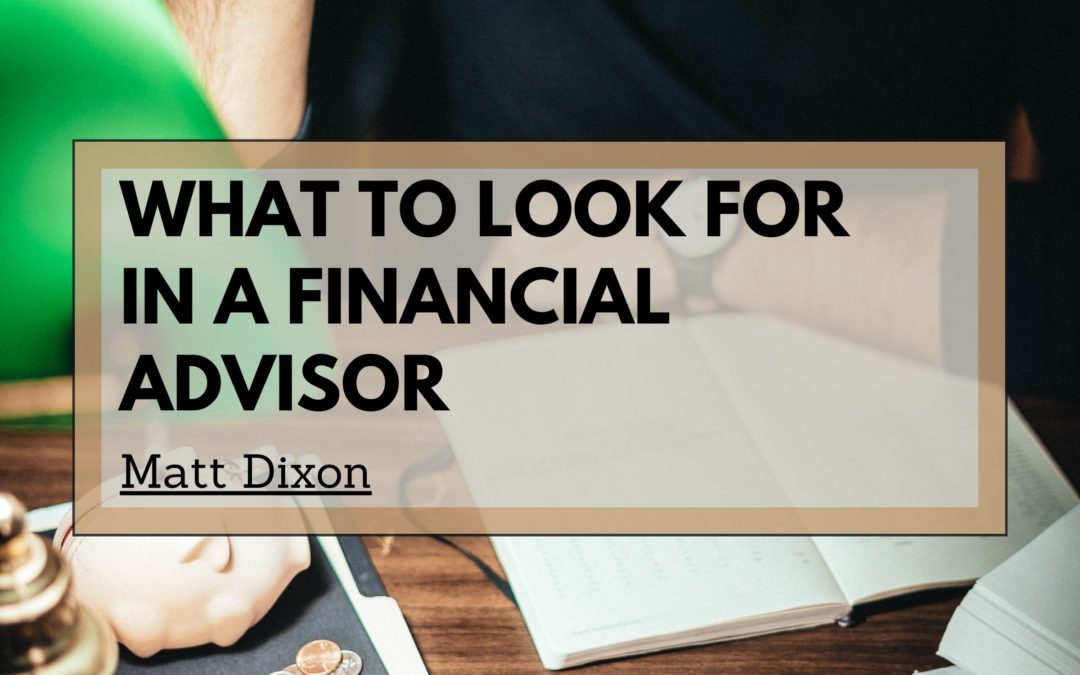Working with a professional may help you achieve your financial goals. Use the following guide to learn what to look for when choosing a financial advisor.
Certification for Financial Advisors
Financial advisors need certain certifications to offer their services to the public, depending on how they market their services. Financial advisors obtain various certifications as part of their professional development. Here are a few of the main certifications:
- Personal Finance Specialist (PFS)
- Certified Financial Planner (CFP)
- Chartered Financial Analyst (CFA)
At the bare minimum, the financial advisor you choose should hold a Certified Public Accountant (CPA) certification. In many states, a CPA certificate is needed to provide financial services to the public.
If you want the most knowledgeable advisors, look for those with additional certification, such as a CFP or a CFA. A Personal Finance Specialist (PFS) is a smart choice if you want an advisor who specializes in a specific area of finance, such as estate planning.
Experience and Positive Customer Reviews
While every financial advisor needs to start somewhere, you may prefer to work with an experienced CPA. You can learn more about a financial advisor’s background using their website and LinkedIn profile.
You should also examine the advisor’s customer reviews. A financial advisor with a long track record should have online reviews from past clients. Look for any red flags, such as an overwhelming percentage of negative reviews.
Transparent Pricing and Payment Options
Avoid any financial advisors who are not entirely upfront about their pricing. While most financial advisors do not disclose their fees on their websites, they should provide an estimate before you commit to using their services.
Inquire about pricing and payment options. Some financial advisors may require an upfront payment while others allow you to pay with installment plans or after a specific outcome, such as after refinancing a loan or consolidating your debt.
Honesty and the Right Attitude
The financial advisor you choose should provide honest advice and respect your financial situation. No one wants to feel belittled or receive a lecture on spending habits when visiting a financial advisor.
You can learn more about a financial advisor’s personality and level of professionalism during your initial consultation. If you dislike discussing your finances with the advisor, you should skip scheduling a follow-up meeting and continue looking for a suitable advisor.
